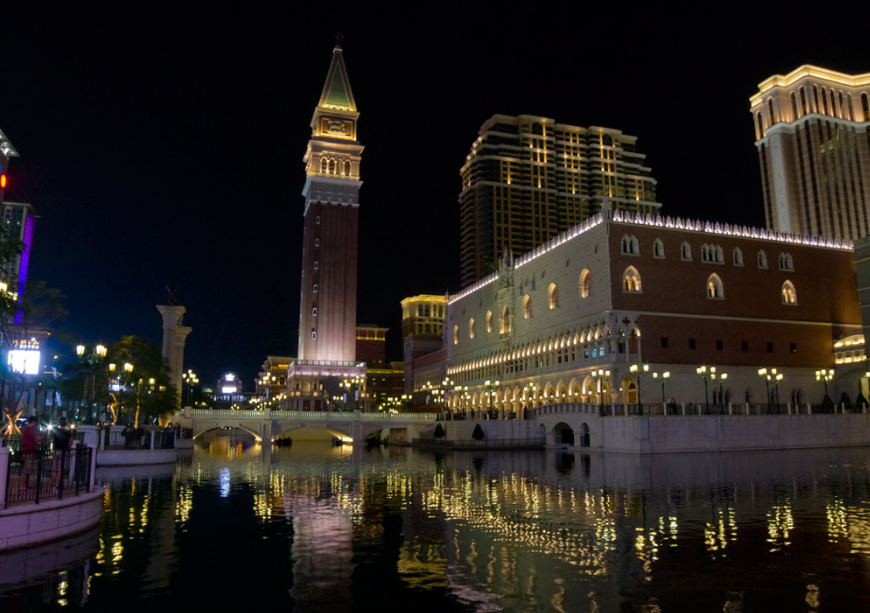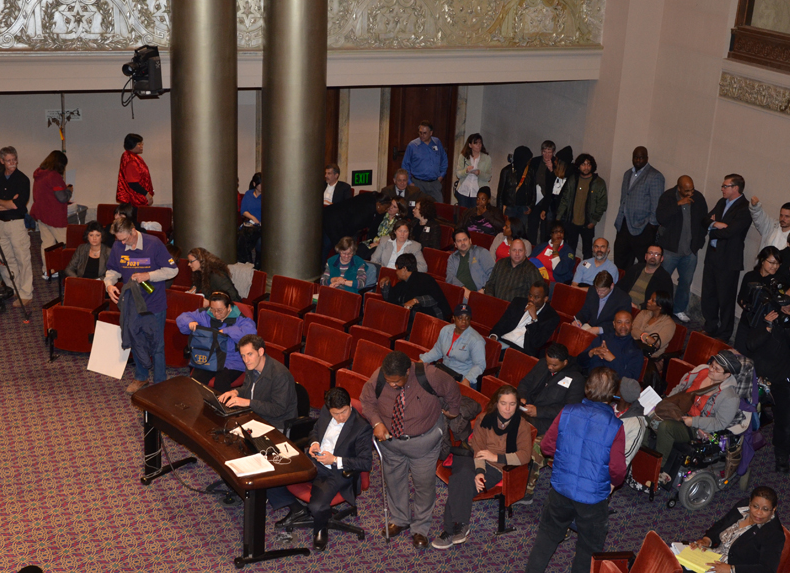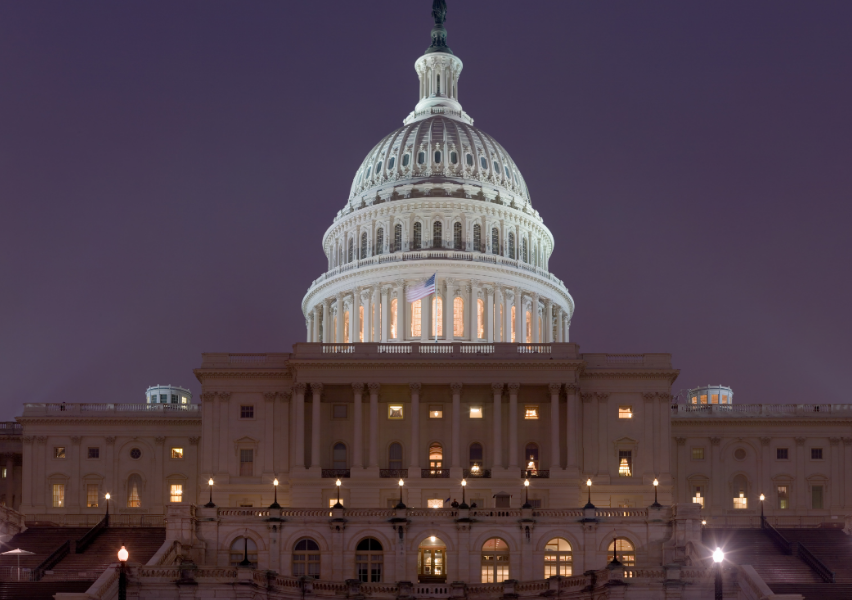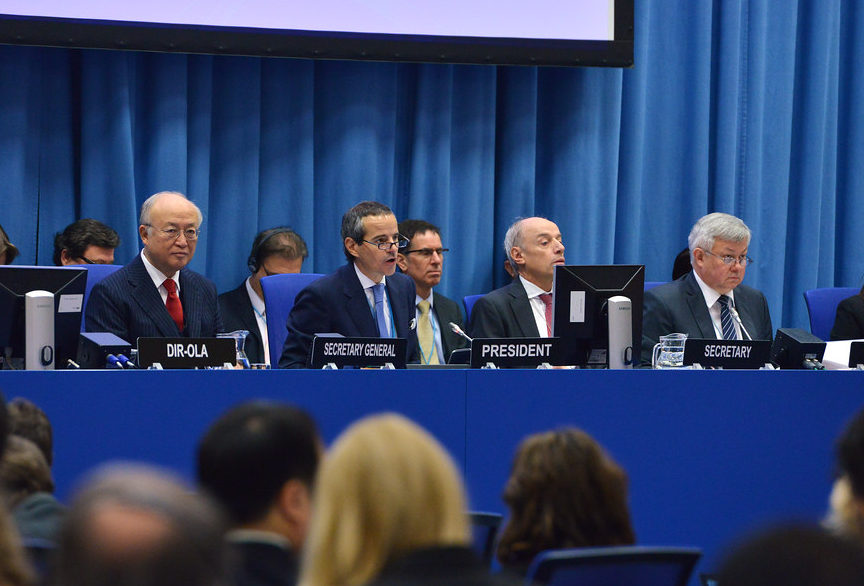Mike DeWine now says signing the 2021 gambling bill is the one decision he wishes he could take back, warning of addiction, aggressive ads, and threats to sport integrity.
Cleveland, Ohio — Governor Mike DeWine dropped a bombshell Wednesday, telling the cleveland.com editorial board that legalizing sports betting ranks as the single biggest mistake of his seven years in office.
The Republican governor, who signed the bill in December 2021, pointed to exploding addiction rates among young men, nonstop advertising, and growing fears that gambling money could corrupt professional and college games.
What DeWine Actually Said
“People always ask me what mistakes I made,” DeWine told editors. “I’ll lead with signing the bill for sports gaming. That’s the biggest mistake I made.”
He called the volume of betting “staggering” and the advertising “relentless.” Ohioans wagered $7.7 billion in 2023 and nearly $8.9 billion in 2024, numbers the governor said shock him every time he sees them.
“It’s a huge problem among young males up to age 45,” DeWine said. “We have many of them addicted, many spending money they simply do not have.”
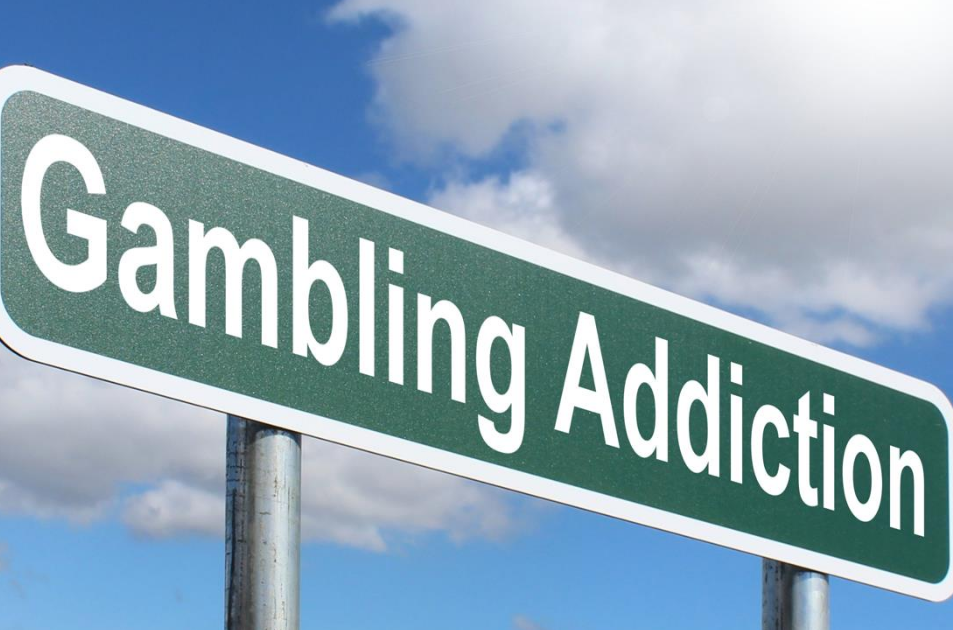
The Numbers Behind the Regret
Ohio’s sports betting rollout on January 1, 2023, was one of the fastest and largest in U.S. history.
Here are the official handle figures from the Ohio Casino Control Commission:
- 2023: $7.73 billion wagered
- 2024: $8.87 billion wagered (through December)
- First 24 months total: more than $16.6 billion
Tax revenue looks impressive on paper — roughly $1 billion for the state — but DeWine now says the human cost far outweighs the dollars.
National studies back up his worry. The National Council on Problem Gambling says about 1 in 5 young adult males now show signs of gambling disorder, double the rate before widespread legalization.
In Ohio, calls to the state’s gambling helpline jumped 260% in the first year of legal betting.
Advertising That Never Stops
Walk into any gas station or scroll any app in Ohio and the ads hit you immediately: “Bet $5, get $200 in bonus bets,” “Risk-free first bet up to $1,000.”
DeWine called the marketing “in your face, 24/7.” Industry data shows Ohio gambling companies spent more than $1.2 billion on advertising and promotions in the first two years — more per capita than almost any other state.
Integrity Risks Hit Close to Home
The governor also raised alarms about game integrity. “When you have this much money flowing, the temptation for point-shaving or worse becomes real,” he warned.
Ohio is home to the Bengals, Browns, Reds, Guardians, Cavaliers, Blue Jackets, and major college programs. The NFL, NBA, and NCAA have all reported spikes in suspicious betting alerts since 2022.
Just last year, the University of Dayton expelled several athletes linked to improper betting activity, and Toledo faced NCAA scrutiny over similar issues.
Where Ohio Goes From Here
DeWine stopped short of calling for a full repeal — he admitted that ship has sailed — but he wants major changes:
- Slash the number of advertising minutes during games
- Ban credit-card wagering
- Raise the minimum age from 21 to 25
- Force betting apps to share data with the state to spot problem gamblers faster
Lawmakers in Columbus say new restrictions will be introduced when the General Assembly returns in February.
The governor ended his remarks on a somber note. “We opened the door thinking we could control it. We were wrong. And families are paying the price every single day.”




